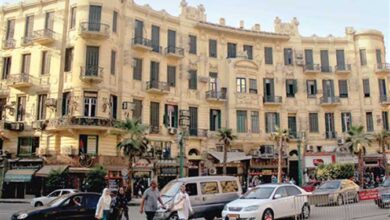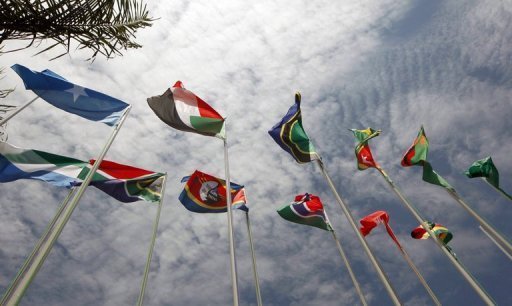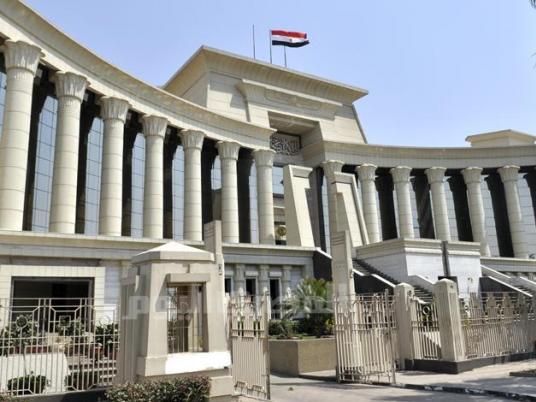House of Representatives elections have been delayed after the Supreme Administrative Court referred the election law recently passed by the Shura Council back to the Supreme Constitutional Court.
Last month, President Mohamed Morsy had called for House of Representatives elections to start on 22 April and conclude in late June. Morsy hoped that the four-stage vote would help conclude the country’s turbulent transition to democracy.
The main opposition coalition National Salvation Front said that it would boycott the vote, saying that there were no guarantees that the elections would be free and fair.
According to the new Constitution, the Supreme Constitutional Court is supposed to rule on the election law, but the Shura Council's Constitutional and Legislative Affairs Committee head Abdel Mohsen has argued that the SCC cannot review laws after they are passed by the council.
The recently ratified Constitution stipulates that the SCC may not review laws after the Shura Council has amended them, argued Abdel Mohsen, the head of the council’s Constitutional and Legislative Affairs Committee.
The SCC had objected to several articles in the draft version of the law and submitted a report to the Shura Council. The council approved the court’s recommendations and then passed the law.
Since then, controversy around the law has grown, as some have claimed the council did not accurately include the SCC’s recommendations and accused the law of being unconstitutional.
The court said it had referred Egypt's amended electoral law, under which the lower house polls are due to be held, to the Supreme Constitutional Court for review.
Egypt has been torn by political confusion and strife since the 2011 uprising that deposed autocrat Hosni Mubarak. Many opposition parties had announced they would boycott the vote, which had been due to be held in four stages from April 22 until late June.
Morsy's office made no immediate comment on the ruling, handed down as the government says it wants to resume talks with the International Monetary Fund on a $4.8 billion loan to shore up Egypt's finances.
"It is now likely that elections will be postponed, extending political uncertainties and further delaying a possible IMF deal at a time when restoring confidence in the economy is needed to avert a potential economic crisis," said Farouk Soussa, chief economist at Citi in Dubai.
"Egypt's economic challenges are deepening by the day, while the prospects of addressing these seemingly diminish at an equally alarming rate," he said.
The Freedom and Justice Party, the party of Morsy's Muslim Brotherhood, said in a statement it respected the court's decision.
Egyptian courts have made a number of rulings that have gone against Morsy and his ruling Muslim Brotherhood. The previous Islamist-dominated lower house was dissolved by a court ruling that struck down the original electoral law under which the chamber had been elected.
Violence has frequently flared in Egyptian cities, notably late last year over a decree in which Mursi temporarily gave himself sweeping powers. Youths fought police in the Suez Canal city of Port Said for a fourth day on Wednesday.
Political science professor Mustapha al-Sayyid said a delay to the elections was likely as the case bounced between different courts.
"Of course the government will appeal but eventually, judging by previous experience, the higher court will rule to postpone the vote until the Constitutional Court sees the amended electoral law, which should have happened in the first place," he said.
Morsy called the elections on February 21. He has already changed the starting date to avoid making members of the Christian minority vote during their Easter festival.
Opposition politician Amr Hamzawy welcomed the court's decision. "Again, the judiciary has stopped the Muslim Brotherhood from making a mess of the rule of law and legislation," he told Reuters. "Referring the law back to the Supreme Constitutional Court is a new lesson to the Muslim Brotherhood."



